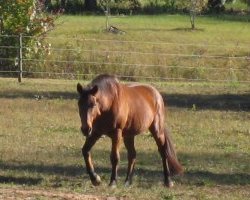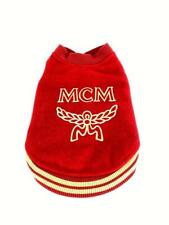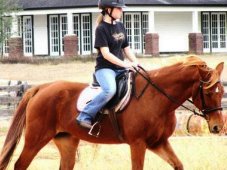Virginia Horse Owners Urged to Vaccinate For West Nile Virus
There were an increased number of EEE cases in Virginia in 2009, but the number of equine WNV cases dropped in comparison to the last couple of years, and state officials are concerned that horse owners may be lulled into inaction by the lack of disease activity. Vaccines are available to drastically reduce the incidence of these diseases in horses. The vaccines are effective for six – twelve months, so horses should be re-vaccinated at least annually. In an area where the disease occurs frequently, such as southeast and Tidewater Virginia, most veterinarians recommend vaccination every six months. For the vaccine to be effective it must be handled and administered properly and be given at least two weeks before the horse is exposed to the virus.
"We have had some unusual weather patterns in the last year, including heavy rain over much of the state." says Dr. Joseph Garvin, Program Manager for VDACS’ Office of Laboratory Services. "How that affects the overall mosquito population as well as levels of EEE and WNV viruses in those mosquitoes is hard to predict. The bottom line is, these vaccines are very safe and effective, and we believe that in most cases, private veterinarians will recommend them for their clients. Horse-owners need to be aware that the vaccines require boosters every six to twelve months."
Typical symptoms of encephalitis in equines include staggering, circling, depression, loss of appetite and sometimes fever and blindness. There is no cure for these diseases, which can kill anywhere from 30% (WNV) to 90% (EEE) of the horses infected. Humans cannot become infected by handling an infected horse, nor can a horse acquire the virus from another infected horse; however, the presence of an infected horse in the area indicates that mosquitoes carrying EEE or WNV are present and pose a threat to both humans and horses.














